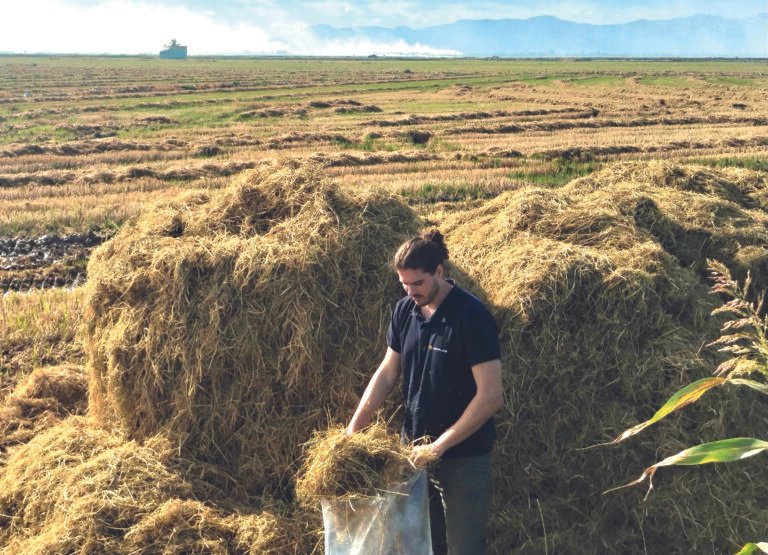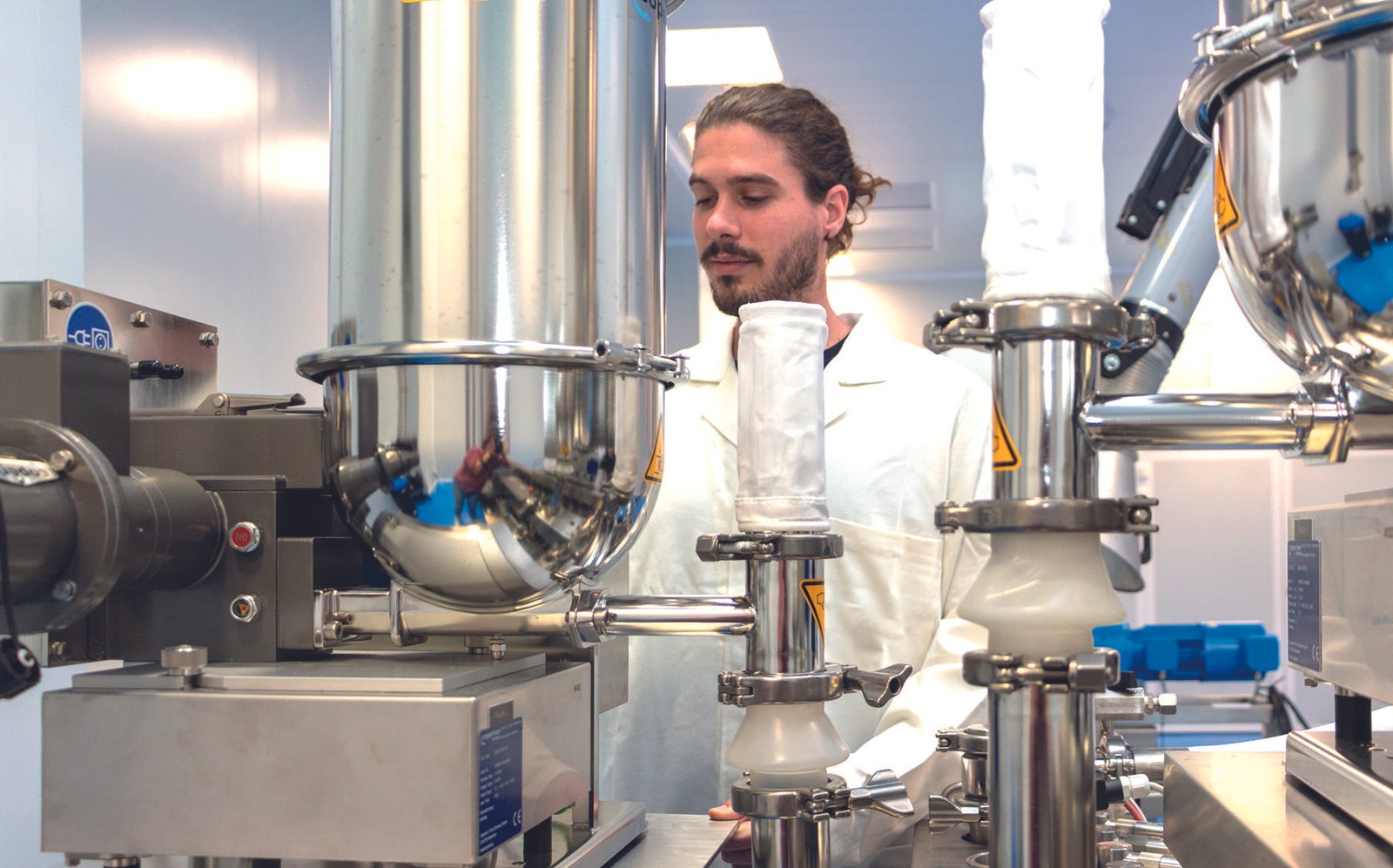FUSTARISE: Recovery of biomass and transformation into packaging materials
Giacomo Marra – AIMPLAS, THE PLASTICS TECHNOLOGY CENTRE

In the current global context, focused on sustainability and environmental responsibility, effective waste management has become a fundamental challenge. But this challenge has also inspired innovative and sustainable solutions. Waste is a complicated part of modern society and can have a positive impact on the environment and the economy when it is carefully managed. Agri-food waste has traditionally been managed using conventional methods such as landfills and incineration. Although these methods have provided solutions, they also create environmental and economic challenges that call for a more sustainable response. This has created the opportunity to reduce the amount of agri-food waste and adopt more environmentally friendly treatment methods.
This challenge involves not only managing this waste properly, but also recovering and transforming it into bio-based, biocompatible and environmentally friendly coproducts with high value added. This issue is also present in the packaging industry, where the huge amount of waste produced and the prevalence of non biodegradable materials represent an economic, social and environmental challenge when managing these waste materials. Furthermore, the diversity of materials used can complicate their classification and recycling, especially in the case of non-biodegradable and difficult-to-treat derivatives. For example, the adhesives used for packaging are mainly made from non-renewable materials, which makes recycling them a challenge as they require a separation process from the matrix and subsequent treatment. Given the increasing legislative and tax pressure on the waste management sector and the production of biodegradable products, there are more opportunities for developing innovative and sustainable approaches to address these challenges and help create a more environmentally conscious future.
The project
In this challenging context, FUSTARISE provides a transformative, innovative solution. This project, developed by AIMPLAS, aims to recover lignocellulosic waste using innovative, sustainable production techniques to manufacture high value-added materials such as biobased and eco-sustainable adhesives. The project deals with not only lignocellulosic waste, but also sets out to radically change our perceptions of this waste. The project proposes a disruptive, sustainable alternative: the valorization of these wastes through innovative and sustainable techniques, such as mechanochemistry. The application of these techniques also has the potential to revolutionize the packaging industry by producing new, high value-added materials that are both biobased and biodegradable, and using lignin, hemicellulose and cellulose obtained from agri-food waste. These new materials involve the development of new hot-melt bio-adhesives and biobased capsules with controlled release properties. In addition, fermentation will be used to produce lactic acid as a key precursor for the synthesis of PLA, an environmentally friendly bioplastic. The proposed solutions in the project will not only reduce waste generation and dependence on non-renewable resources but also open new possibilities for more sustainable and biodegradable packaging. This will radically change the packaging industry and align commercial practices with the growing demand for solutions that respect the environment while complying with constantly evolving environmental legislation.

Miarco, Lautrentia Technologies and La Unió are active participants in the project. FUSTARISE is funded by the Valencian Community’s Ministry for Sustainable Economy, Production Sectors, Trade and Employment through aid from IVACE with co-financing with EU ERDF funds, within the Valencian Community ERDF Operational Programme (2021-2027).
DOWNLOAD THE PDF FILE
[/content_control
